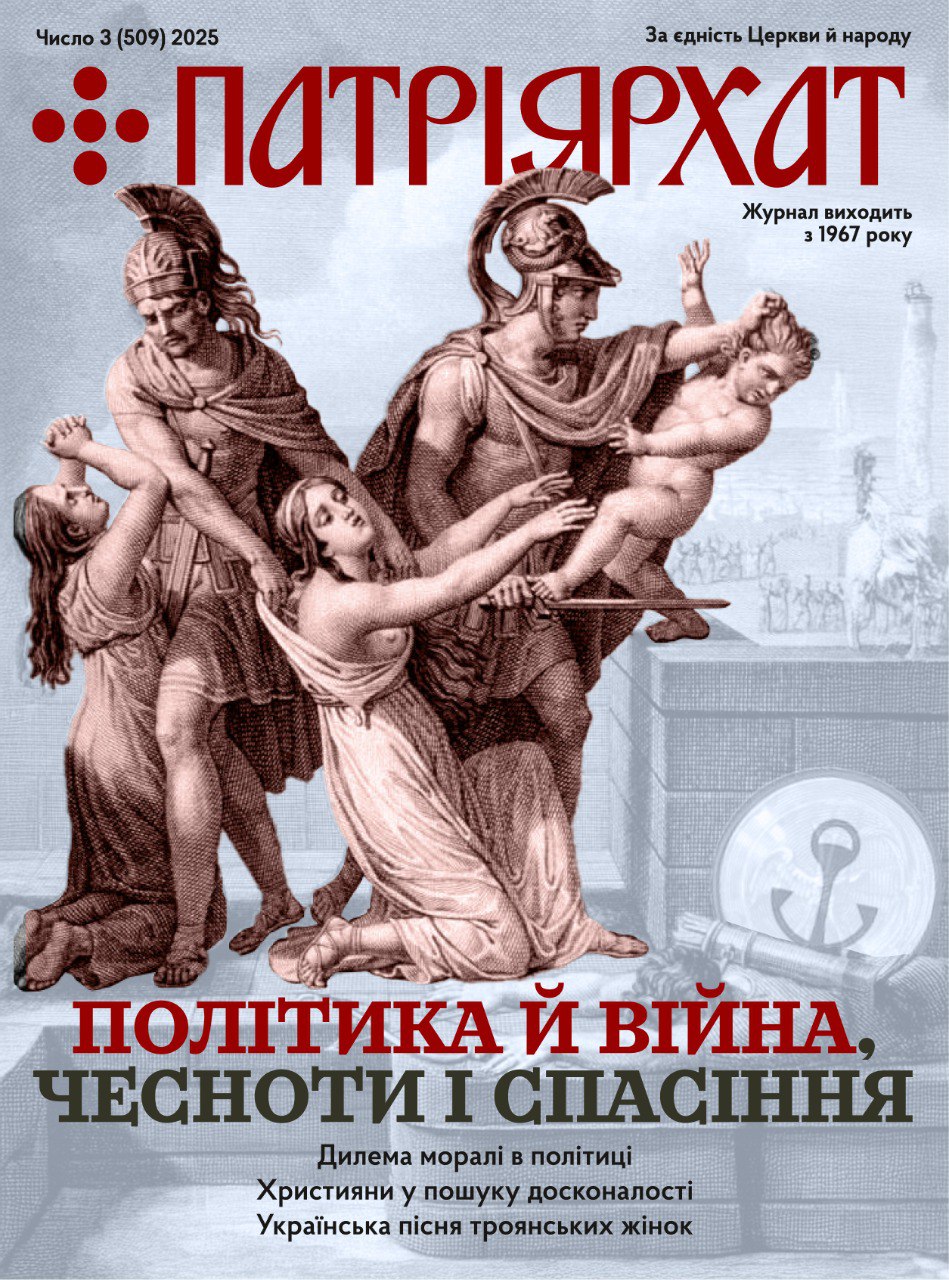Almost four years ago we published an essay on Valentyn Moroz entitled «The Case of the Secular Martyr: The Reasons Behind the Persecution of Valentyn Moroz» (See Za Patriyarkhat, Sept., 1975), in which, while analyzing the reasons underlying his incarceration, we stated the following: «The tragedy of Valentyn Moroz… lies in the fact that he is a Ukrainian. He is the son of a forgotten nation and thus, in this sense, his personal tragedy is symbolic of the national tragedy of Ukraine». At that time too, we suggested that unless the Moroz case becomes a cause celebre in the West, he is doomed to die in a Soviet prison. However, we also indicated, that his death would be the ultimate crowning of his martyrdom, and no totalitarian regime needs a martyr. We concluded the said article with the following words:
In a world controlled by atheists, the manliness of Valentyn Moroz shows that man, despite all the attempts to corrupt him, is basically a spiritual being. His martyrdom says the unsayable in the best Ukrainian tradition: that of the Servant of God Metropolitan Sheptytsky and Patriarch Slipyj. And when the murderous frenzy of his adversaries dissipates into nothingness, his message to Ukraine and to the world will nourish and sustain the generations of the future.
We shall not recount here the story of his liberation, because it is well known. Neither shall we analyze the reasons behind the Soviet move, for they too are rather obvious. Let us rather focus on the meaning of this «miracle», as some people call it, for the Ukrainians in the Free World. Those of us who have seen Moroz speak to the Ukrainian people in Philadelphia, New York, and other Ukrainian centers, were struck by the impact of his personality on the younger generation. Particularly in Philadelphia, young people experienced an emotional upheaval during the parade that welcomed him to the city. The exuberance of his reception, the joyous shouts, the fervent prayers, the free-flowing tears provided a most unusual sight. Suddenly, it appeared, the young people realized that Ukraine was not just an abstract idea cherished by their elders. Moroz’s presence made Ukraine real, almost palpable to them. Ukraine became a reality worth living and fighting for. The symbol Moroz became flesh and was among them, and all the feelings and emotions dormant for years suddenly surged to the surface. Moroz himself was awed by this emotional cathartic and responded accordingly: he took the Ukrainian flag into his hands, held it high above, waving it as the crowd cheered, kissed it reverently, and commented in warm, moving words on the sincerity of the reception accorded to him: «All my life, I have lived with a profound respect for the blue and yellow flag, but I see it now for the first time», he said. «In America», he continued, «I have found the warmth I expected to find but I did not expect such a reception from so many young Ukrainians. The enthusiasm, the tears, the devotion of these young people assures a bright future for our nation». And in concluding his address, he stated the following: «I would like to conclude my talk by saying the words I have been allowed to express freely for the first time in my life: Slava Ukrayini — Glory to Ukraine!» — and the crowds responded exuberantly: Slava Ukrayini! Slava Morozovi!»
Therein, it seems to us, lies the significance of the «Moroz Miracle». His popularity with young people was already well known in Ukraine; as a matter of fact, it was one of the reasons, if not the main one, for his imprisonment. The Ukrainian youth in the Free World and particularly in the United States need somebody like him to keep their innate idealism alive and to preserve their sense of identity. Moroz has a great personality which appeals to the young. His personal history provides him with a nimbus of unadulterated heroism that is cherished by the young people who sense instinctively the dearth of truly heroic men in our age. That factor can also be of significance for Moroz himself. Martyrs, whose voices resounded forcefully all over the world, lose their power once they are exiled. An exiled man, after the novelty of his arrival wears off, may well become just another immigrant. To some extent, Alexandr Solzhenitsyn’s fate in the Free World is an example of this. This need not happen to Moroz. He has a specific mission — working with the young people, and he can and should make an important contribution to their spiritual well-being.
In addition, Moroz’s freedom has an added symbolic dimension. His presence among us gives credence to the words of the Ukranian national anthem, «Shche ne vmerla Ukrayina…» He after all, is another living proof, that neither concentration camps nor psychiatric wards are capable of destroying the human spirit nor of deadening the very soul of the Ukrainian people.

